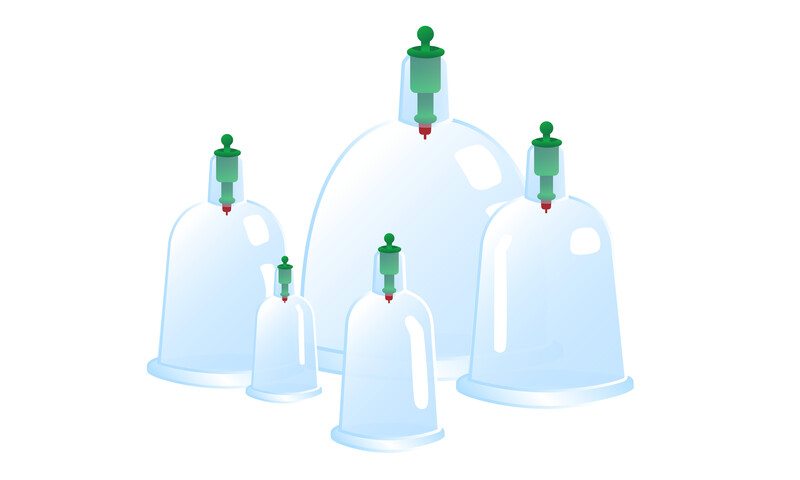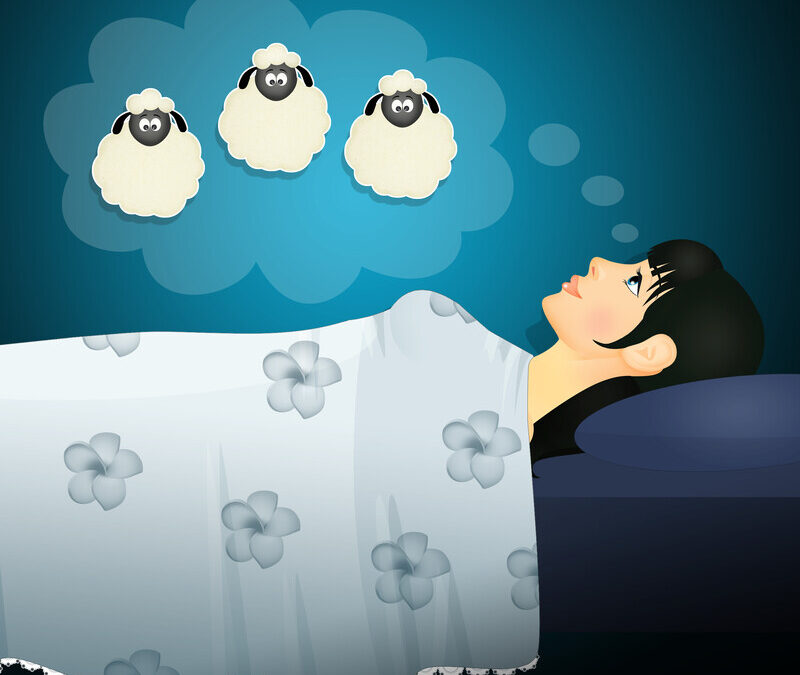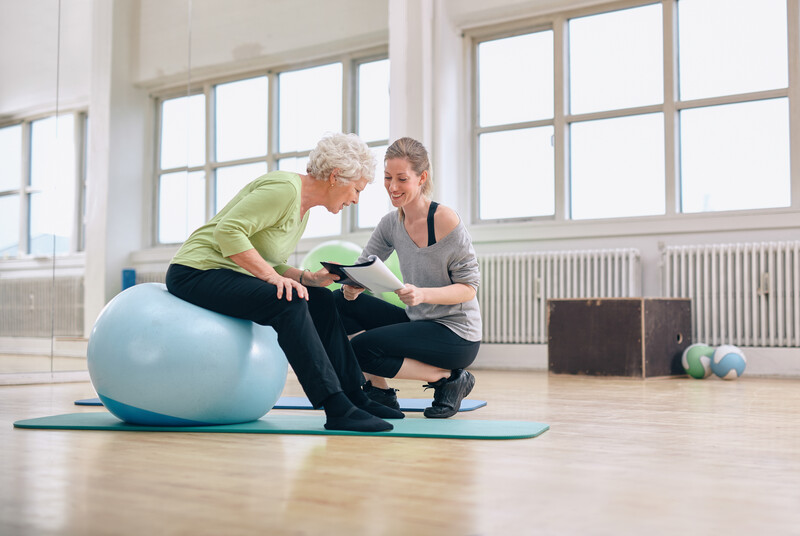
Yoga, Tai chi and similar activities have been one of the methods used to improve both physical and emotional health. One of the benefits of doing Yoga or similar is improvement of flexibility which may help chronic pain and depression.
One of the most important things that those who have chronic pain can do is to learn about the many different coping strategies that exist. There are many to choose from, and there is science behind numerous ones that demonstrate that they are effective in helping to reduce chronic pain. But what happens when someone with chronic pain isn’t flexible when it comes to these coping strategies? That’s exactly what researchers set out to learn more about.
Those with chronic pain often also suffer from depression. Having coping strategies that can help will go a long way toward improving the quality of life. In the December 2019 issue of the journal Behavioral Medicine, researchers shared their findings from a study they conducted regarding coping flexibility (1).
What the researchers’ study all about
Their study included 292 women who have chronic pain and 181 women who suffer from menstrual pain. They give the women questionnaires to complete, to gather information about the following:
- their pain intensity
- pain acceptance
- psychological inflexibility
- coping flexibility
What they found supported their hypothesis, which is having greater coping flexibility would tend to have lower depression.
The research found that coping flexibility, which is the ability to discontinue an ineffective coping strategy and implement an alternative one, can be important for those who are self-managing their chronic pain and menstrual pain without turning to over-the-counter medications. In other words, if you have depression and chronic pain, it’s a good idea to try different types of coping strategies to see which ones work for you.
While coping flexibility may have an impact on depression, a prior study suggests that chronic pain and depression influence one another. In a 2017 study published in the journal Neural Plasticity, researchers stated that chronic pain is one of the critical factors for determining depression and that their coexistence tends to further aggravate the severity of both disorders (2).
This study brings hope to those who suffer from both chronic pain and depression, which is millions of people. By having coping flexibility, you may help address both conditions. Whether you give things like Tai Chi, yoga, or breathing exercises a try, the key is to be flexible in trying numerous strategies, finding what works and be willing to move past the ones that don’t.
Sources:
- Behavioral Medicine. Effect of coping flexibility in young women on depressive symptoms during chronic pain. December 2019. https://www.ncbi.nlm.nih.gov/pubmed/31886738
- Neural Plasticity. The Link between Depression and Chronic Pain. https://www.ncbi.nlm.nih.gov/pmc/articles/PMC5494581/







